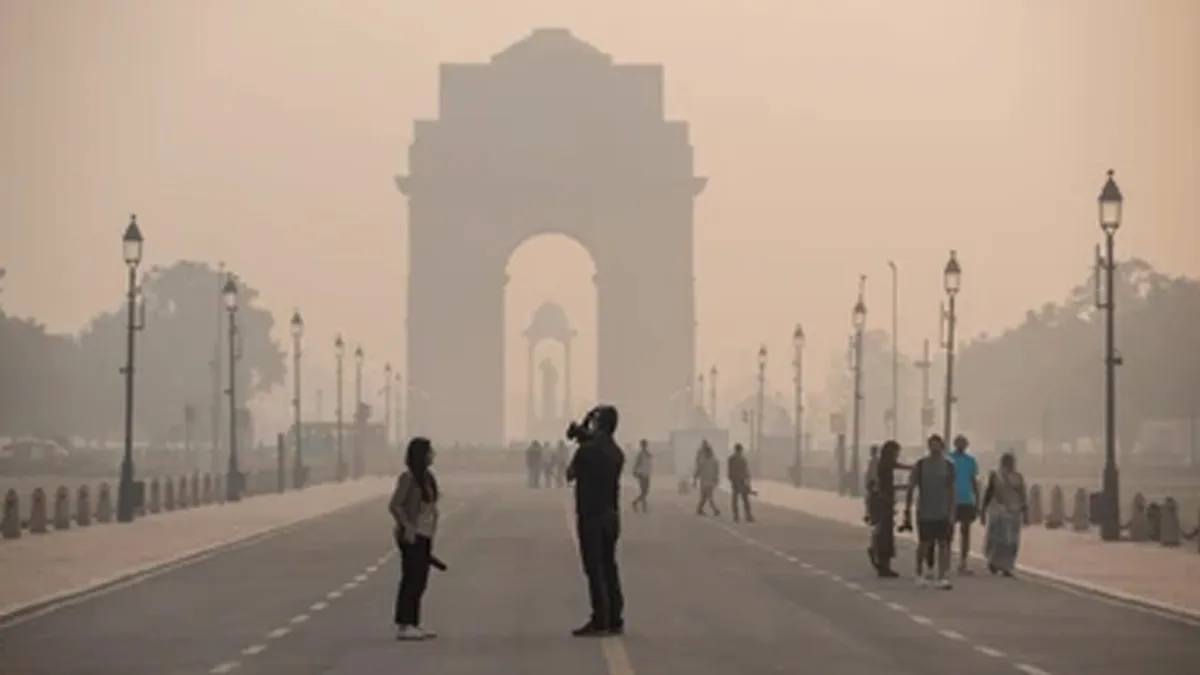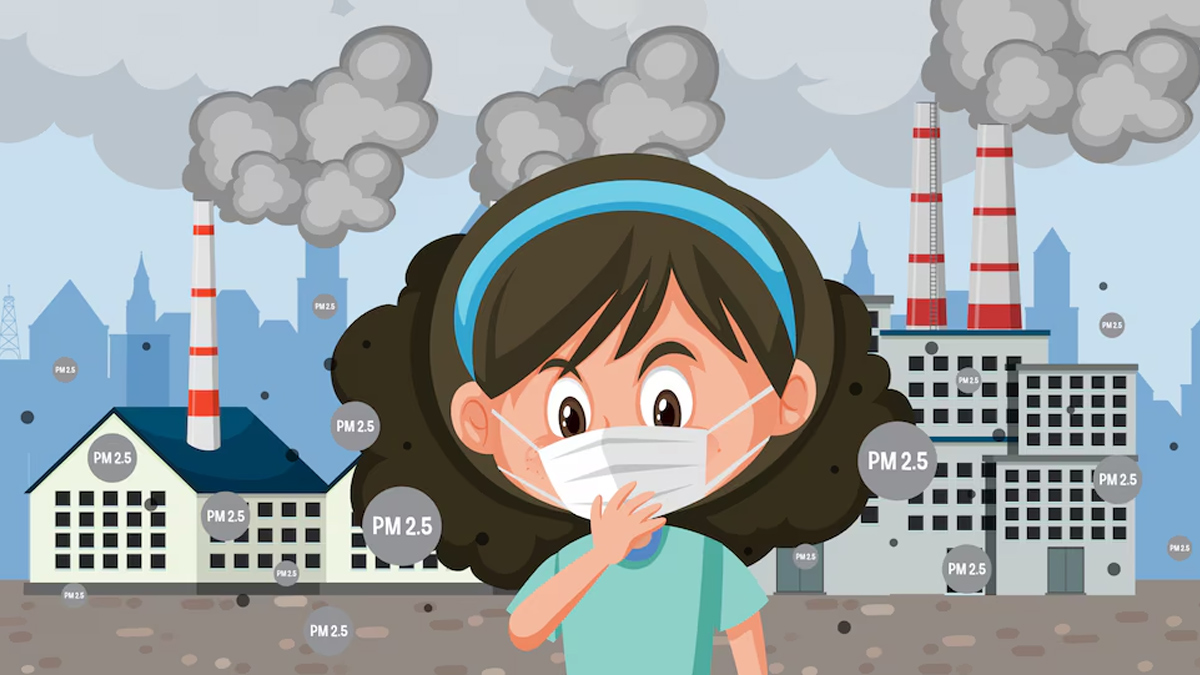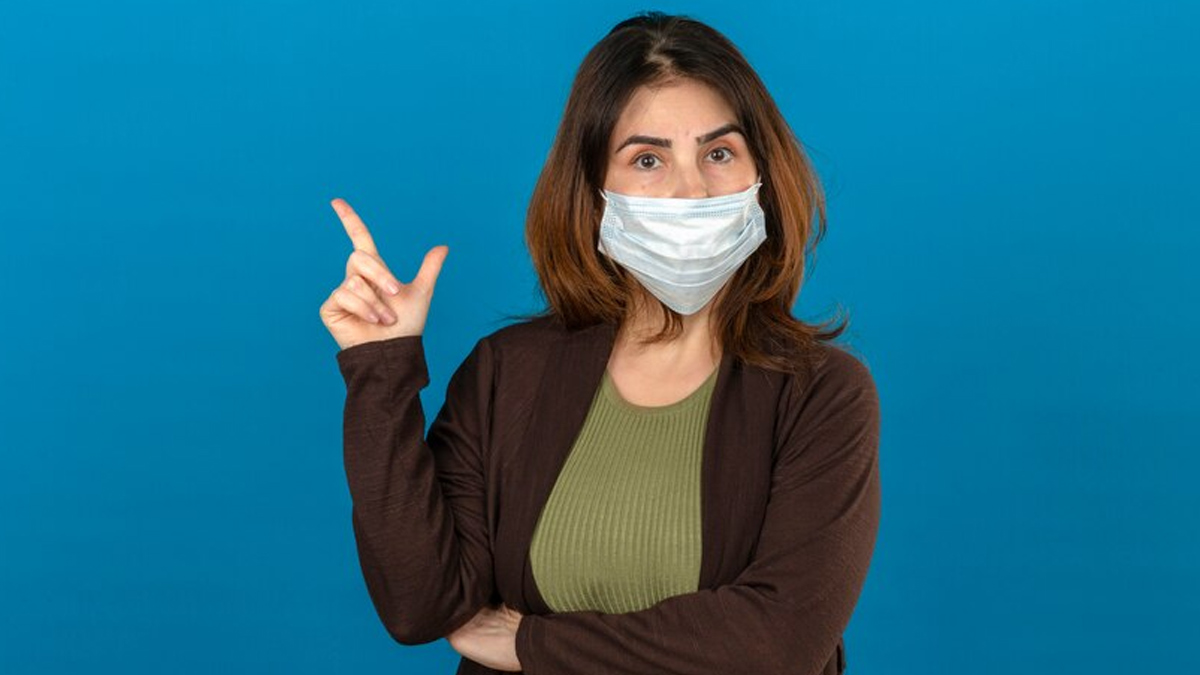
As you step out in the bustling and polluted streets of Delhi, covered with thick smog, you cover your nose to avoid any respiratory problems due to it. But what about your mouth? Did you know these harmful toxins present in the air don’t just harm your lungs, but also wreak havoc on your teeth and gums?
Table of Content:-
To understand how pollution can affect your teeth and gums, OnlyMyHealth team interacted with Dr Gunita Singh, BDS, MD in Dental Lasers.
"Believe me, the most affected is the oral cavity because if you open your mouth, the poison in the air first hits your teeth and gums," says Dr Singh. Alarming, isn’t it?
Air Pollution and Its Direct Impact on Oral Health
The mouth, as the entry point for air, is significantly affected by pollutants like particulate matter, dioxins, and heavy metals. These pollutants can irritate and inflame the tissues in the oral cavity, leading to a range of dental and gum issues.
"Our oral cavity is divided into soft tissue and hard tissue," Dr Singh explains. "The soft tissues are our gums, and as the name suggests, they are more prone to any damage than the harder tissue, which is teeth. As soon as the pollutants hit them, gums swell and form pockets. Food and bacteria accumulate in these pockets, causing infections that lead to gingivitis, followed by periodontitis."
Gum Disease: A Growing Concern

Gingivitis, the initial stage of gum disease, manifests as red, swollen, and bleeding gums. If untreated, it can progress to periodontitis, a severe condition where the gums pull away from the teeth, creating deep pockets that harbour bacteria. This can result in tooth loss.
The adverse effects of air pollution extend to the teeth as well. While enamel, the hard outer layer of teeth, provides a degree of protection, it is not immune to the toxic substances in polluted air.
Harmful Effects of Specific Pollutants on Teeth
Dr Singh highlights specific pollutants and their impact on oral health:

Particulate Matter and Heavy Metals
Lead and mercury can infiltrate the enamel, weakening its structure and increasing the risk of decay.Dioxins
These can discolour teeth, leaving a persistent yellow-brown stain that is difficult to remove.Chlorine
Found in polluted air, chlorine can cause enamel to chip, making teeth more susceptible to sensitivity and cavities.Particulate Matter
Irritation from fine particles can exacerbate inflammation, leading to chronic gum issues.
Also read: What Are The Effects Of Air Pollution On Brain, Doctor Explains
Preventative Measures

Dr Singh advises adopting a proactive approach to mitigate the impact of air pollution on oral health. "So save them and wear a mask whenever you leave home. Try to breathe through your nose. Only our nose has small hair to filter air. The mouth has no such mechanism. So please keep your mouth shut when it is open," she emphasises.
Here are some tips to protect your oral health:
Wear a mask: A good-quality mask can filter out harmful particles, reducing direct exposure.
Nasal breathing: Breathing through the nose allows natural filtration of air, unlike the mouth, which has no such mechanism.
Use homemade mouthwashes: Rinse with natural solutions like aloe vera and water to soothe inflamed tissues.
Gum massage: Regularly massage your gums with natural oils to improve circulation and strengthen the tissue.
Air purifiers: Keeping an air purifier on at home can reduce indoor pollution levels significantly.
A Call to Action
In cities with poor air quality, the health of our teeth and gums must not be neglected. By implementing these preventative measures and maintaining regular dental check-ups, the adverse effects of air pollution on oral health can be minimised.
Dr Singh’s final piece of advice underscores the seriousness of the issue: "If you get exposed to pollution, take care of your oral hygiene immediately. Prevention is always better than cure."
By staying informed and vigilant, we can ensure that our smiles remain as bright and healthy as possible, even in the face of rising pollution levels.
Also watch this video
How we keep this article up to date:
We work with experts and keep a close eye on the latest in health and wellness. Whenever there is a new research or helpful information, we update our articles with accurate and useful advice.
Current Version